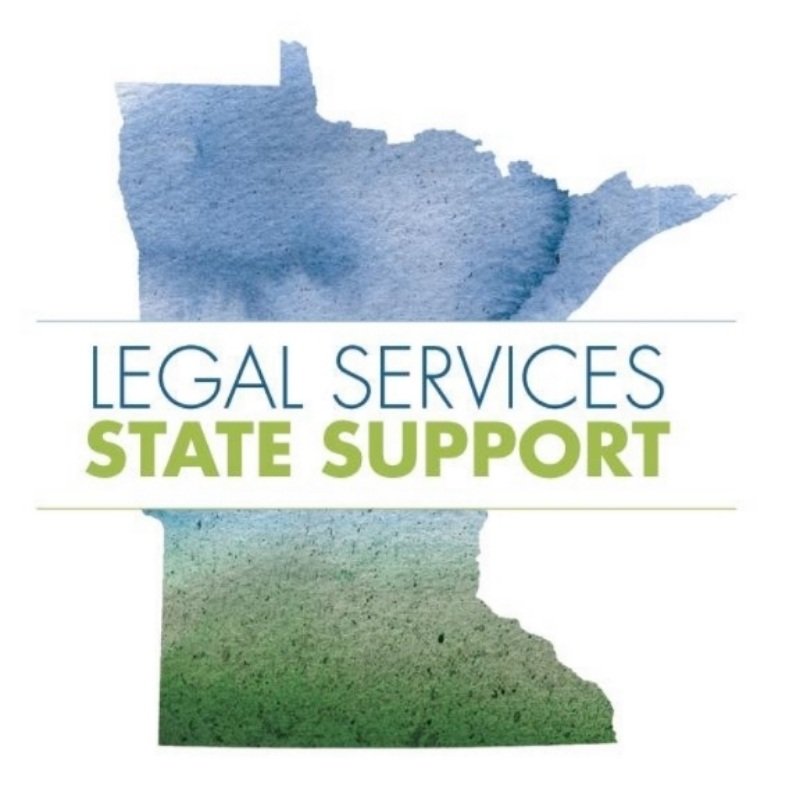The Minnesota Legal Services Coalition (“The Coalition”), providers of justice to people in poverty throughout Minnesota, has received $3.5 million Federal CARES Act funding from the State of Minnesota to provide Reach Justice Minnesota. Reach Justice Minnesota is a series of initiatives that leverage technology and emergency staffing to help protect Minnesotans’ basic civil and human rights in the face of an unprecedented emergency and disaster. There is rising demand for civil legal aid all over Minnesota as a direct result of the public health and economic effects of the COVID-19 pandemic.
The Coalition leads a civil legal aid network delivering legal help that enables people to protect their livelihoods, their health, and their families. The Coalition provides these life-changing legal services in every county in Minnesota and helps level the playing field for approximately 46,000 Minnesotan households each year.
With high unemployment and other economic challenges, more and more Minnesotans are struggling to make ends meet and facing threats to their basic needs. They are worried about losing their housing, even as being at home is fundamental to their families’ health and safety. They are worried about their personal safety and stability, with isolation endangering survivors of domestic violence and their children. As a result of these realities, tens of thousands of Minnesotans are seeking basic information on their legal rights and requesting legal representation to resolve their civil legal problems.
With technology and additional staffing, Reach Justice Minnesota is reaching communities throughout Minnesota to provide the legal help they need. These investments now will endure beyond the current public health emergency, and will bridge the long-standing digital divide experienced not only by rural communities, but by low income people throughout Minnesota who lack resources to access technology.
Reach Justice Minnesota initiatives include:
The Legal Kiosk Project, a statewide network of nearly 270 community-based computer kiosks stationed in a variety of community locations offering the public the ability to apply for civil legal aid services, access legal resources, and, in some cases, attend online meetings and remote court hearings in privacy.
Justice Buses: these mobile legal aid offices will travel to rural areas, bringing with them the ability to meet in person or obtain legal information so clients can stay close to home.
Additional investment in LawHelpMN, an easy-to-read, dynamic online portal containing fact sheets, booklets, videos, and other legal information to help Minnesotans solve legal problems, with translations in Spanish, Hmong, and Somali. New traffic to LawHelpMN has increased by 33% since the start of the pandemic, and visitors continue to access COVID-19 specific resources here. New content is added frequently as laws develop and new client needs emerge.
Increased legal representation to thousands of Minnesotan households in need of critical legal help. Emergency staffing has expanded our capacity to serve clients in need.

